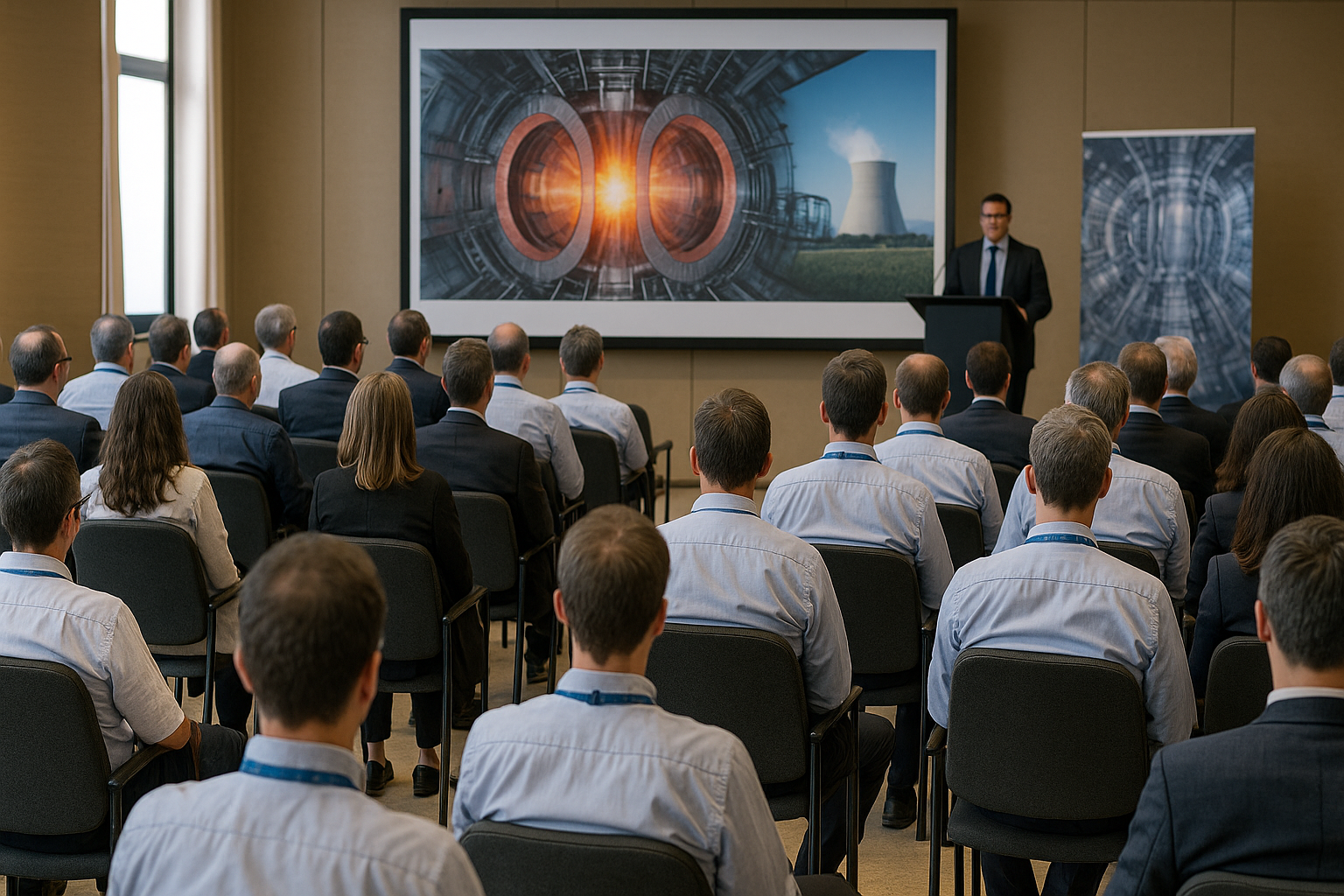IAEA Launches INEAS to Boost Nuclear Education in Kazakhstan and Benin
The IAEA has already conducted its first INEAS missions in Benin and Kazakhstan in early 2025, offering tailored support at both national and university levels.

In response to the growing demand for skilled professionals in nuclear science and technology, the International Atomic Energy Agency (IAEA) has launched the Integrated Nuclear Education Advisory Services (INEAS)—a comprehensive advisory service to help countries build and strengthen national and institutional educational programmes in nuclear technology. This pioneering initiative is designed to ensure that nations developing or expanding nuclear sectors have the human capital and academic infrastructure necessary to support safe and sustainable nuclear operations.
INEAS offers a structured platform for developing nuclear education programmes that meet national needs, ranging from nuclear power to applications in medicine, agriculture, industry, and environmental protection. The IAEA has already conducted its first INEAS missions in Benin and Kazakhstan in early 2025, offering tailored support at both national and university levels.
Why Nuclear Education Matters
“As more countries turn to nuclear science and technology, the need for enhanced education and competence-based curricula becomes increasingly critical,” stated Wei Huang, Director of the IAEA’s Division of Nuclear Education, Planning and Knowledge Management.
With the increasing deployment of nuclear power for clean energy and rising interest in nuclear applications across sectors, building a workforce with specialized training in nuclear safety, operation, and regulatory frameworks has become essential. INEAS addresses this demand by:
-
Benchmarking existing capacities
-
Designing curricula aligned with international standards
-
Building stakeholder coordination
-
Supporting strategic long-term planning for education systems
Kazakhstan: Laying Foundations for Nuclear Energy Revival
In April 2025, the IAEA conducted its first university-level INEAS mission at the D. Serikbayev East Kazakhstan Technical University in Ust Kamenogorsk, Kazakhstan. The mission is part of Kazakhstan’s broader strategy to relaunch its civilian nuclear power programme, including plans to build its first nuclear power reactor within the next eight years.
Key Highlights:
-
Over 90 stakeholders from academia, industry, and government attended.
-
Activities included curriculum design workshops, technical site visits, and expert consultations.
-
Plans were laid to develop a Bachelor’s degree in Operation of Nuclear Power Plants, tailored to meet future operational needs.
-
Kazakhstan also hosted an international forum featuring 14 expert presentations from Kazakhstan, Belarus, and Russia to showcase best practices in nuclear education.
Aizhan Baidildina, Associate Professor at the university, acknowledged the mission’s value: “We are grateful to the IAEA for supporting the development of nuclear education and helping design a robust academic programme.”
Kazakhstan already possesses one of the world’s largest uranium reserves and operates several research reactors and front-end nuclear installations. The introduction of a nuclear power reactor will elevate the country’s energy self-reliance and environmental sustainability goals.
Benin: Building the Nuclear Education Ecosystem from the Ground Up
The inaugural national-level INEAS mission took place in March 2025 in Cotonou, Benin, hosted by X-TechLab under the Ministry of Foreign Affairs. Although Benin does not currently operate nuclear power facilities, the country is investing in nuclear science applications in water management, medicine, and radiation safety.
Mission Outcomes:
-
Developed a national action plan for establishing sustainable nuclear education.
-
Facilitated multi-stakeholder dialogue among universities, ministries, and technical institutions.
-
Proposed a framework for monitoring educational programme sustainability.
-
Assessed existing academic and training capabilities across nuclear-relevant sectors.
This mission marks a foundational step for Benin in its aspiration to build indigenous capabilities and join the global community of countries benefiting from peaceful uses of nuclear technology.
Strategic Partnerships and Regional Collaboration
INEAS also strengthens regional networks such as STAR-NET, which connects academic institutions involved in nuclear education across Eastern Europe and Central Asia. Through platforms like STAR-NET and the IAEA’s technical cooperation projects, countries can:
-
Share expertise and curricula
-
Participate in joint training programmes
-
Access global nuclear education standards and guidance
Looking Ahead: Supporting Safe and Sustainable Nuclear Growth
The launch of INEAS is timely. As countries across Africa, Asia, and Latin America move toward deploying nuclear technologies for power generation and broader development applications, the global shortage of qualified nuclear professionals poses a challenge.
INEAS fills this gap by providing governments and universities with the tools needed to:
-
Map out human resource needs
-
Design fit-for-purpose academic pathways
-
Ensure regulatory and safety alignment
-
Promote gender inclusivity and youth engagement
Education as the Cornerstone of Nuclear Readiness
Through INEAS, the IAEA is reinforcing its role as a leader in building global nuclear capacity. The missions in Kazakhstan and Benin highlight the dual approach of supporting both newcomer countries and those re-entering the nuclear energy space. As the initiative expands, it is expected to serve as a catalyst for a new generation of nuclear professionals committed to safety, innovation, and sustainability.
ALSO READ
China and Ecuador: Forging New Ties in Trade and Clean Energy
Datta Power Infra Lights Path to Clean Energy with New Solar Projects
Mukesh Ambani's Vision: Impacting Billions with Technology and Clean Energy
NSE Set to Launch Electricity Futures Contract to Boost India's Clean Energy Targets
DBS Bank Facilitates AIFL's $80 Million Green Loan for India's Clean Energy Future










